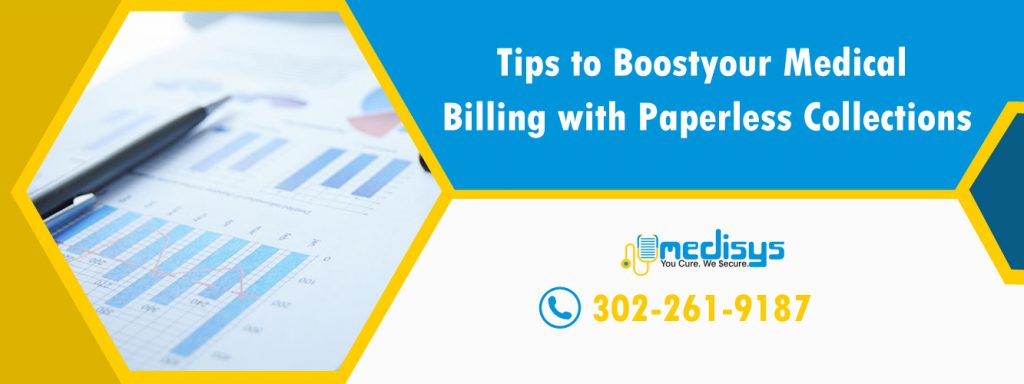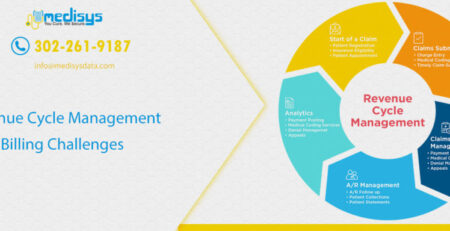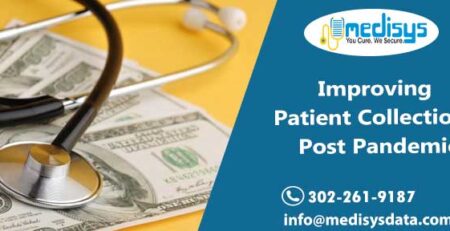Medical collections and billing are key areas in the healthcare industry which need appropriate attention. It is ironical that even in today’s age of smartphones, tablets and other digital technologies that literally puts all the information at the tip of your hand, many doctors still rely on paper to reach their patients regarding medical billing purposes. Almost all providers still use some method of paper-based patient collections and medical billing. 77 percent of healthcare leaders said they explicitly have paper-based patient billing, a 2017 MGMA and Navicure surve found.
There is a recent shift in the healthcare industry to greater patient financial responsibility. This is amplifying collection issues for many organizations. Present income cycle practices are geared toward government and commercial payer collections. However, an increase in patient financial responsibility is leading to industry initiatives that are aimed at individual collections and patient satisfaction. Most organizations still send paper statements despite research indicating that more than half of modern patients wish to go for paperless healthcare bills. The focus must be adjusted on patient collections if medical practices want to increase their receivables and earnings. Patient collections account for more than 30 percent of total revenue in the industry.
Healthcare organizations have huge motivations for going paperless, such as greater patient satisfaction. Offering patient communications via eStatements instead of paper mail helps nurture positive relationships between practice and patient. Providing convenient, secure payment options also helps to establish and build meaningful relationships with patients. Many patients presently pay most of their bills online; they were more likely to pay in timely order when their healthcare statements line up with other monthly invoices. By enabling better communication and better transparency, healthcare organizations can expect faster, more complete payments from satisfied patients.
Healthcare organizations and providers also stand to profit from the shift to paperless billing. Digital statements are less costly and more effective than paper-based statements. Cost of manual processing of paper statements can be as high as two to three dollars per statement. Online collection system helps to abolish waste — an effective way to increase profit margins and practice environmental sustainability. This is achieved by eradicating the cost related to postage, paper, printing and man-hours in the billing process. Doctors can also sign up for online portals to receive payments by a credit card. This reduces the need for processing a paper check making funds available immediately, and it also makes it easier for the patients to pay. With online portals, patients can have online access twenty-four hours a day and can pay their statement balance without the paper chase of writing a check. Most people pay their bills online with their bank. Encourage patients to pay online.
Paper claims can take as long as 90-120 days to process, whereas those submitted electronically typically take around one to three weeks for insurance reimbursement.
Patient populations are changing. Most patients have grown up in a digital world and need access to billing and healthcare information. It may seem intimidating in the short-term to move to a paperless system, but it pays off in the long run in terms of time saved and better data. Going paperless with medical billing payments and administrative paperwork may seem hard, but it is vital to keep an eye on the benefits. Customers like it when businesses make payments simple to understand and easy to make. Medical practices and facilities that opt for paperless billing and payment usually see fewer patients forgetting to make a payment. Online portals can increase customer satisfaction and retention with better access to their information. They also make for a better-informed patient. Make a commitment to change to the way you handle paper in one system each quarter.












